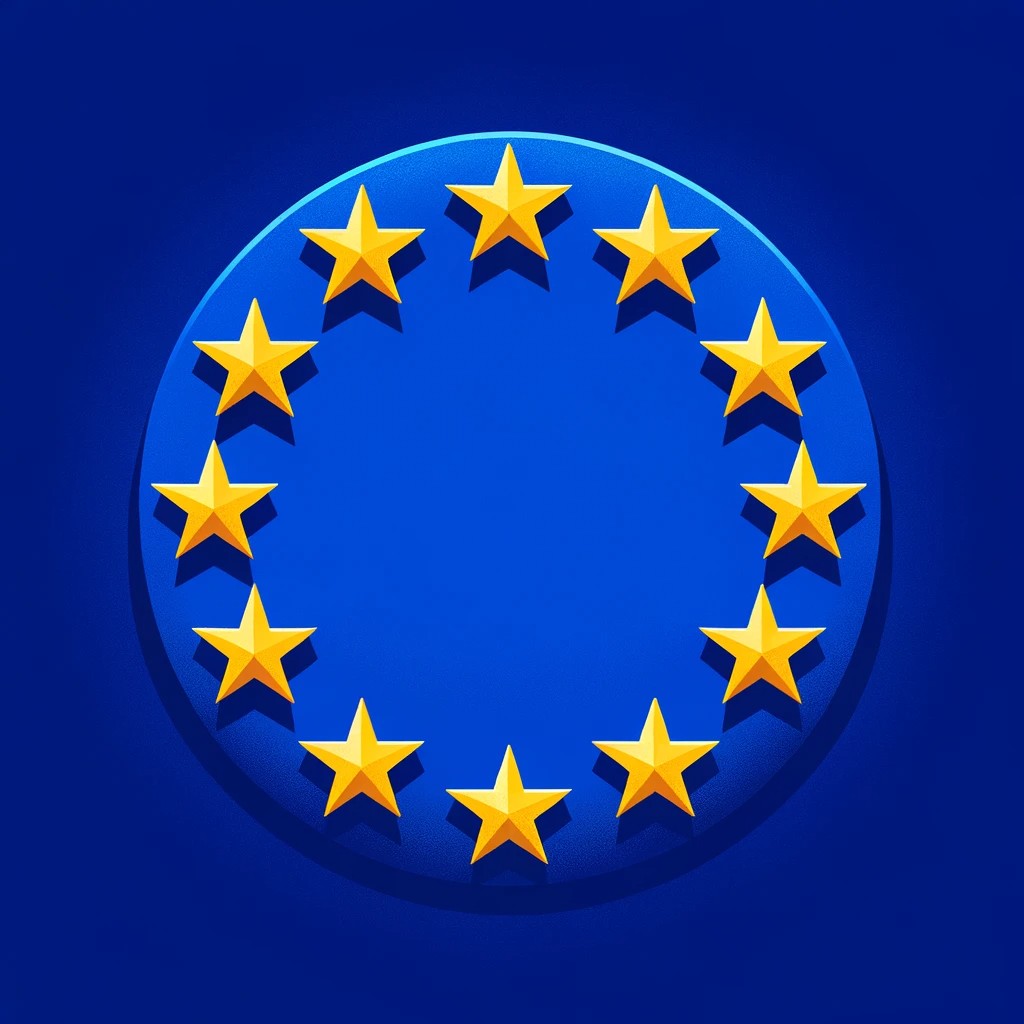In a significant judgment dated February 13, the European Court of Human Rights (ECHR) has declared that creating backdoors in end-to-end encrypted messaging services such as Telegram and Signal would infringe upon the fundamental human rights of freedom of expression and privacy. This ruling favored Anton Podchasov, a Telegram user who challenged his government’s demand for the messaging service to decrypt messages sent through its encrypted “secret chat” function in 2018.
Impact on privacy and freedom of expression
The court’s decision underscores the critical balance between national security measures and protecting individual freedoms. The judgment highlighted that while the intention behind decrypting messages is to combat crime, implementing encryption backdoors would indiscriminately jeopardize the privacy and security of all users, not just those with malicious intent. The ECHR emphasized that such measures would enable widespread, indiscriminate surveillance, violating the European Convention on Human Rights.
The court further elaborated that encryption is a fundamental tool in safeguarding the privacy of electronic communications, supporting the broader right to freedom of expression. By potentially exposing innocent users to hackers, identity thieves, and state surveillance without adequate justification, the court argued that the government’s demand for backdoors in encrypted messaging services is unnecessary in a democratic society.
EU court champions privacy over surveillance
The ECHR’s ruling also pointed out that there are alternative methods to monitor communications that do not compromise the integrity of end-to-end encryption. Accessing the communication devices directly could serve as a viable means to monitor specific targets without endangering the privacy and security of the general populace. This approach aligns with the court’s stance that measures taken to ensure national security must not infringe upon individuals’ fundamental rights and freedoms.
Anton Podchasov’s legal battle began when his government required Telegram to provide messaging logs of users suspected of terrorism. Telegram argued that this demand would necessitate decrypting all its users’ communications. Following Telegram’s refusal to comply, the government blocked access to the service in April 2018. Podchasov’s lawsuit, after being dismissed by the nation’s supreme court, was ultimately taken up by the ECHR, which ruled in his favor.
The ECHR’s ruling is a landmark decision in the ongoing debate over privacy, security, and the role of encryption in safeguarding fundamental human rights. By stating that the requirement to decrypt end-to-end encrypted communications is not justifiable in a democratic society, the court sets a precedent that could influence future legal and policy decisions across Europe.





